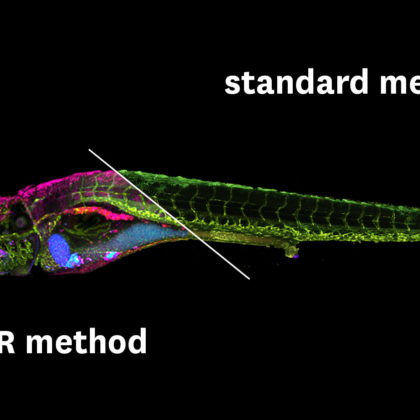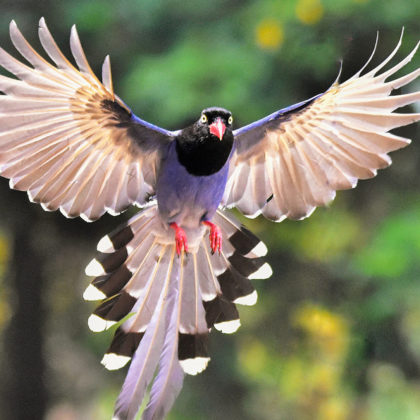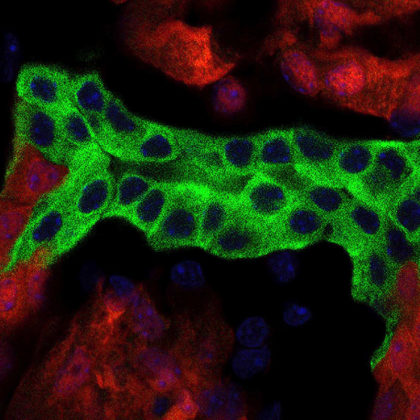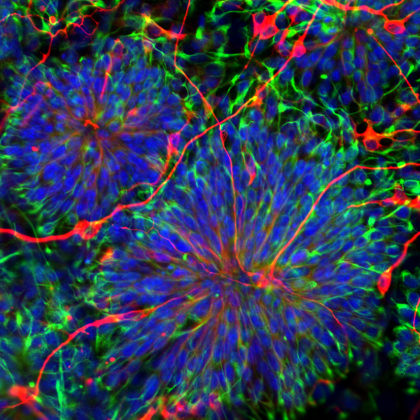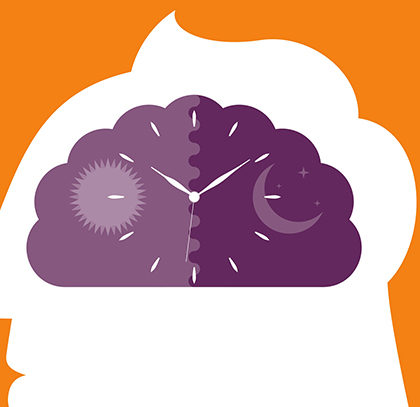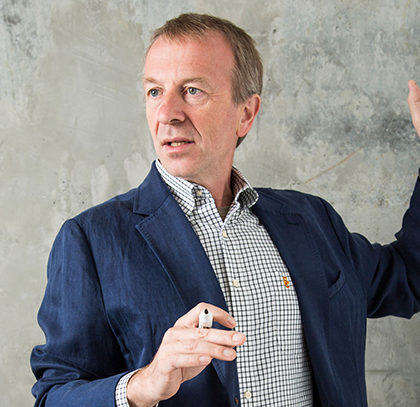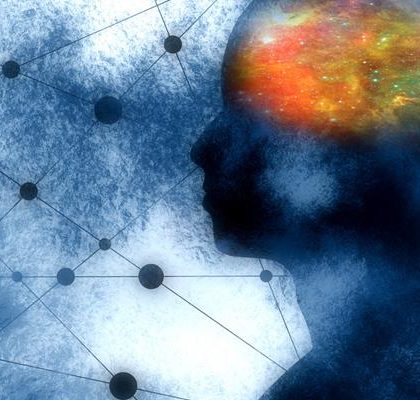Stories
From detecting lung cancer to spotting counterfeit money, this new imaging technology could have countless uses
USC scientists have developed a new tool to peer more deeply and clearly into living things, a visual advantage that saves time and helps advance medical cures. It’s the sort of foundational …
Study examining the evolution of feathers shows potential for medical applications
New research from an international team led by USC scientists set out to learn how feathers developed and helped birds spread across the world. Flight feathers, in particular, are masterpieces of propulsion …
Stem cell scientists reveal key differences in male, female kidney
USC researchers have completed a detailed deconstruction of the kidney, revealing for the first time an intimate portrait of sexual differences and more in the organ. The findings could benefit 37 million …
USC scientists surmount big obstacle to reprogram cells
USC scientists have surmounted a big roadblock in regenerative medicine that has so far constrained the ability to use repurposed cells to treat diseases. The researchers figured out how to reprogram cells …
From restoring sight to reversing brain damage, USC stem cell researchers are making life-changing discoveries
If anyone has a clear vision of the power of stem cell cures, it’s Anna Kuehl. She suffered a retina-wrecking disease that cost her much of her sight before USC physicians surgically …
Disease risk seen in disrupted biological clock
USC scientists report that a novel time-keeping mechanism within liver cells that helps sustain key organ tasks can contribute to diseases when its natural rhythm is disrupted.
The power of fear drove cancer researcher Peter Kuhn toward his vocation
Fear has power. Power to harm body and soul. Power to motivate. Peter Kuhn first learned its power as a boy growing up on a farm in Bavaria. The family ran an …
USC scientists discover schizophrenia gene roles in brain development
A USC research team identified 150 proteins affecting cell activity and brain development that contribute to mental disorders, including schizophrenia, bipolar condition and depression. It’s the first time these molecules, which are …
